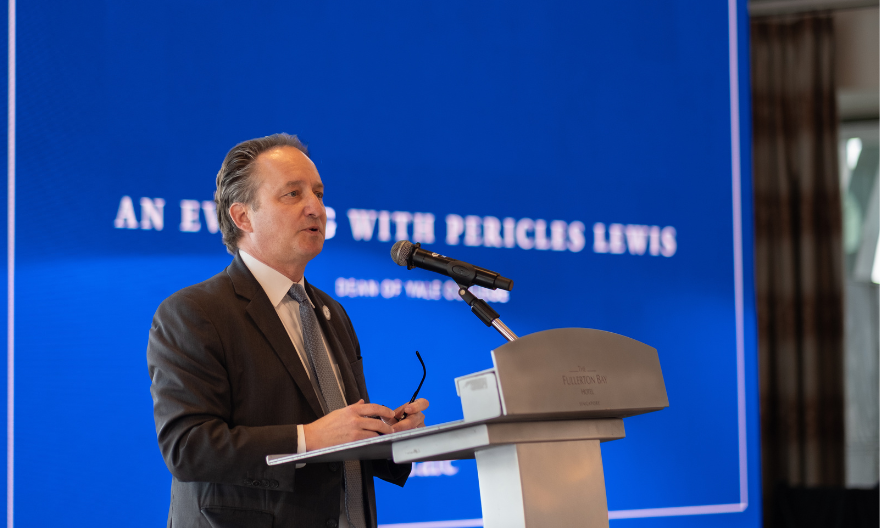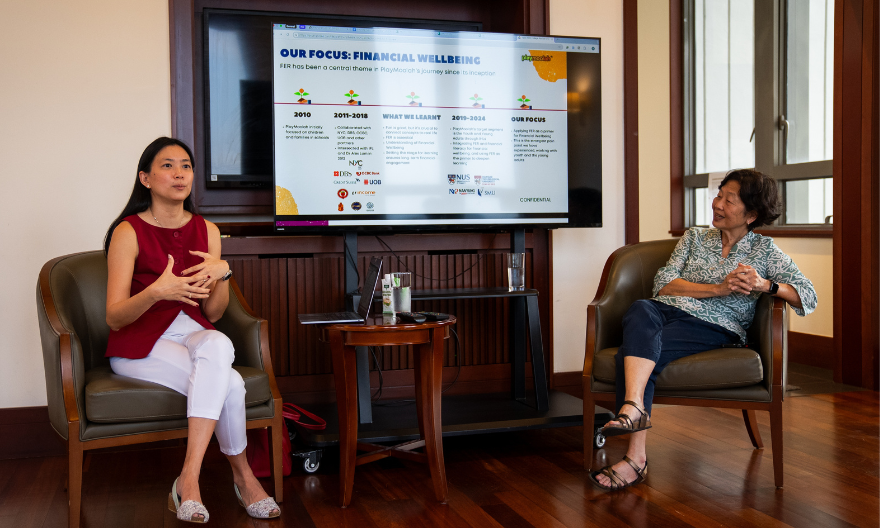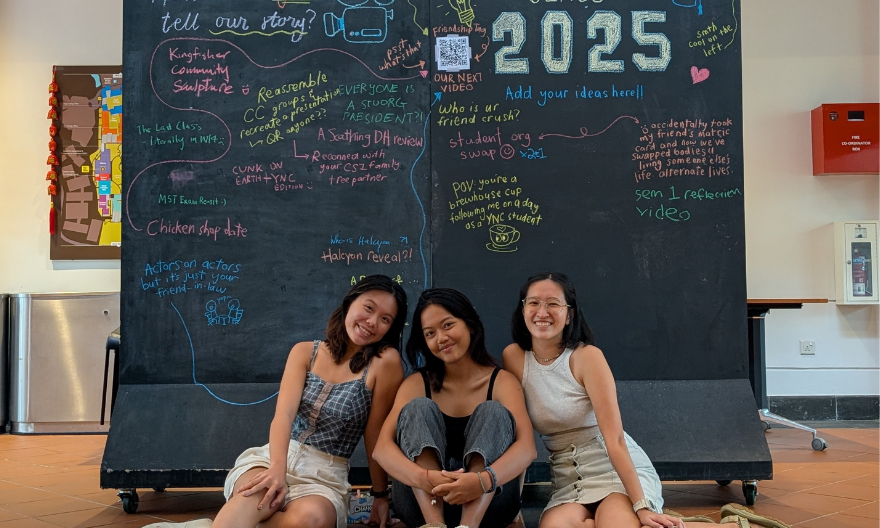Environmental education programme Chili Padi Academy goes virtual in its 5th year
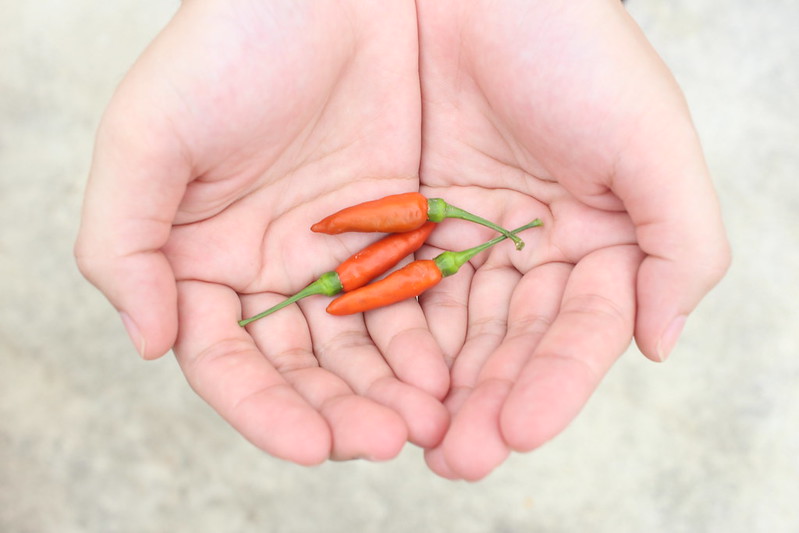 Image provided by Nabilah Abdul Rahman.
Image provided by Nabilah Abdul Rahman.
This year, environmental education programme Chili Padi Academy (CPA) celebrates its fifth run. The annual programme was founded by Jeffrey Tong (Class of 2018) back in 2016, but in the years since, Yale-NUS College students have been passing down the torch with each successive batch of student organisers consistently honing and improving the programme. Throughout its various iterations, the central mission of the Academy still rings true – building a community of environmental youth leaders in Southeast Asia.
Chili Padi Academy is a programme organised by university-level Southeast Asian youths to nurture senior high school students in the region to become environmental leaders. Other than imparting knowledge of environmental issues, the programme includes a mentorship element, and participants are required to kickstart environmental projects back home. This year, the participants hailed from Singapore, Malaysia, Indonesia and the Philippines.
The regional focus stems from the belief in the need to “nurture and prepare young environmental leaders” to “sensitively conduct cross-border conversations and collaboratively develop innovative solutions”. (Source: http://chilipadiacademy.weebly.com/about-the-academy.html)
On that note, while this year’s CPA saw many structural changes, its content remained true to its vision. In the past, the programme was held on the College campus during the recess week of Semester 2. However, the halting of air travel meant that the organising team had to roll with the punches. Over the summer, Yale-NUS students Regina Vanda (Class of 2021), Pang Hwee Min Ethel (Class of 2022), Yeo Jing Ying (Class of 2022), Ning Xinran (Class of 2023) and Yi Qian (Class of 2023) and alumnus Goh Rui Zhe (Class of 2020) decided to run the programme entirely online.
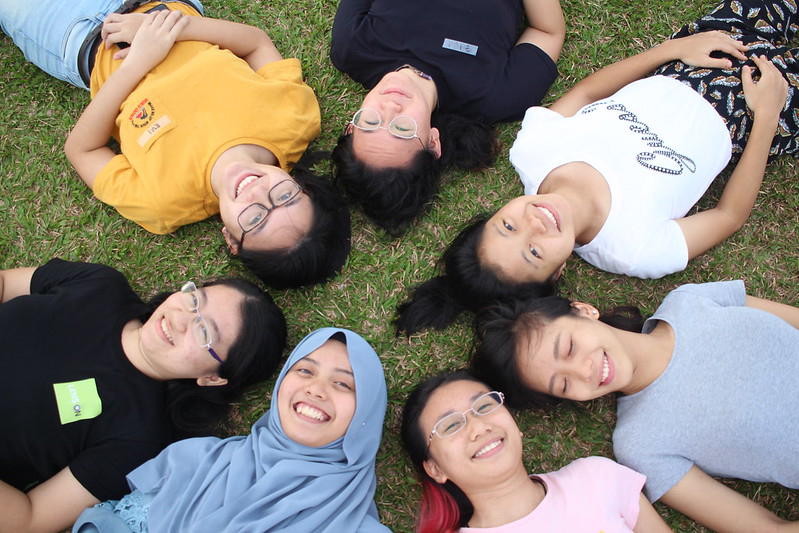 The Yale-NUS facilitators and organisers of the programme in a photo taken in 2019. (Clockwise) Regina Vanda (Class of 2021), Yeo Rui Qi, (Class of 2021), Cheong Zi Gi (Class of 2021), Oan Jia Xuan, Coco (Class of 2022), Pang Hwee Min Ethel (Class of 2022), Yeo Jing Ying (Class of 2022) and Nabilah Abdul Rahman (Class of 2022). Some of the students have continued their involvement in this year’s run. Image provided by Ethel Pang.
The Yale-NUS facilitators and organisers of the programme in a photo taken in 2019. (Clockwise) Regina Vanda (Class of 2021), Yeo Rui Qi, (Class of 2021), Cheong Zi Gi (Class of 2021), Oan Jia Xuan, Coco (Class of 2022), Pang Hwee Min Ethel (Class of 2022), Yeo Jing Ying (Class of 2022) and Nabilah Abdul Rahman (Class of 2022). Some of the students have continued their involvement in this year’s run. Image provided by Ethel Pang.
For about a month, the Singapore team worked with their fellow Southeast Asian counterparts to plan and conduct weekend workshops over video conferencing platform Zoom. The programme engaged its 16 participants in environmental theories and concepts –– adapted from Environmental Studies modules taught at Yale-NUS, such as Introduction to Environmental Studies and Social Theory and the Environment –– as well as complex issues like environmental justice and cultural diversity.
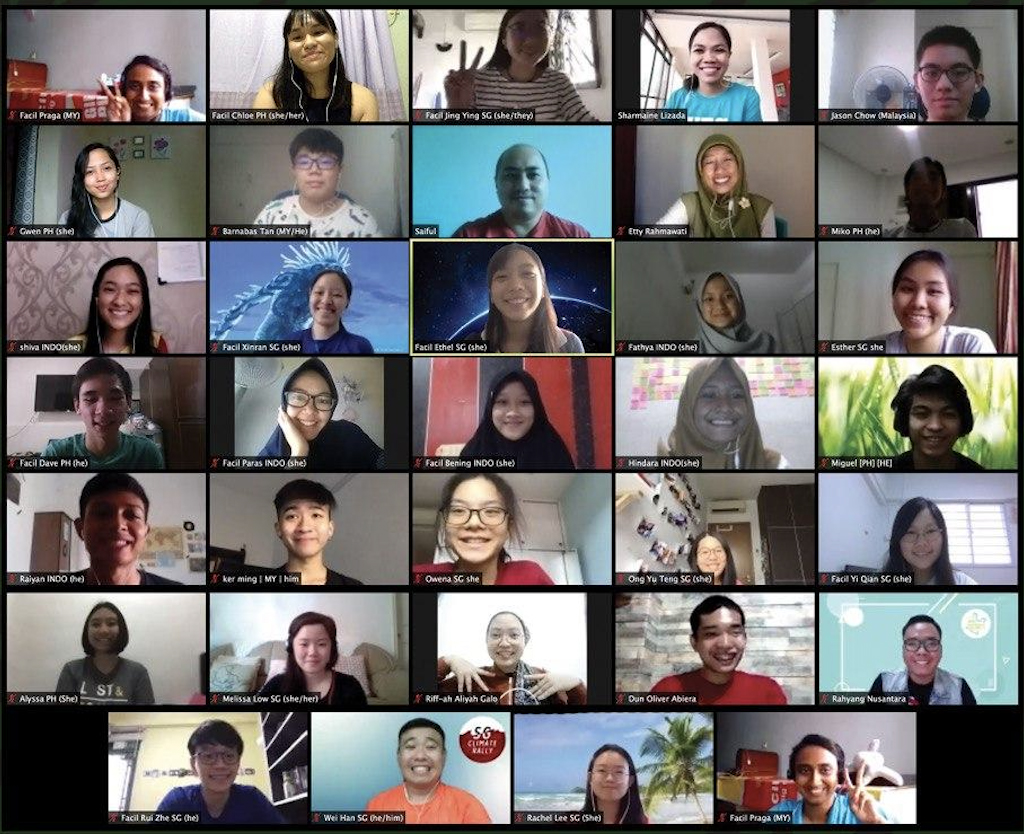 Screengrab of a Zoom meeting of the month-long accelerator programme this year. The organisers invited a group of SEA-based environmental educators and activists to share their experiences in a virtual ‘human library’ segment. Image provided by the Chili Padi Academy.
Screengrab of a Zoom meeting of the month-long accelerator programme this year. The organisers invited a group of SEA-based environmental educators and activists to share their experiences in a virtual ‘human library’ segment. Image provided by the Chili Padi Academy.
When asked what makes the programme special, Jing Ying shared that it was the relationships she built as well as the deep sense of community. She was a participant in the very first cycle of CPA, and years later, she matriculated as a Yale-NUS student and facilitated two cycles of the programme. Jing Ying said, “I’m immensely grateful for the people I’ve met in my journey –– dearest mentors and friends who have had a great impact on my life and have really helped me grow me as a person.”
She elaborated, “CPA was a catalyst for my environmental journey, and I return to the programme time after time because I truly believe that what we impart is meaningful. One of my biggest takeaways has been learning about Social Emotional Learning, values such as being intentional, and skills of holding space for people. I believe these lessons apply both to and beyond environmental leadership.”
Echoing this statement, Pang Wei Han (Class of 2019), a facilitator and lead coordinator of previous cycles said, “At its core, CPA is about people, growth and empowerment. Although the syllabus morphs and changes every year, the heart of the project –– how much we care about our participants and the environment –– stays the same.”
Caring about environmental issues are far from easy, said Ethel. However, she believes that “having a group of people who support your journey, and share the same values as you do, makes all the difference”.
Notably, Chili Padi Academy’s impact goes beyond touching the lives of its participants and organisers. After the accelerator programme, participants go on to implement projects in their home communities. Previous projects addressed a range from issues like food waste, eco-tourism, and plastic waste.
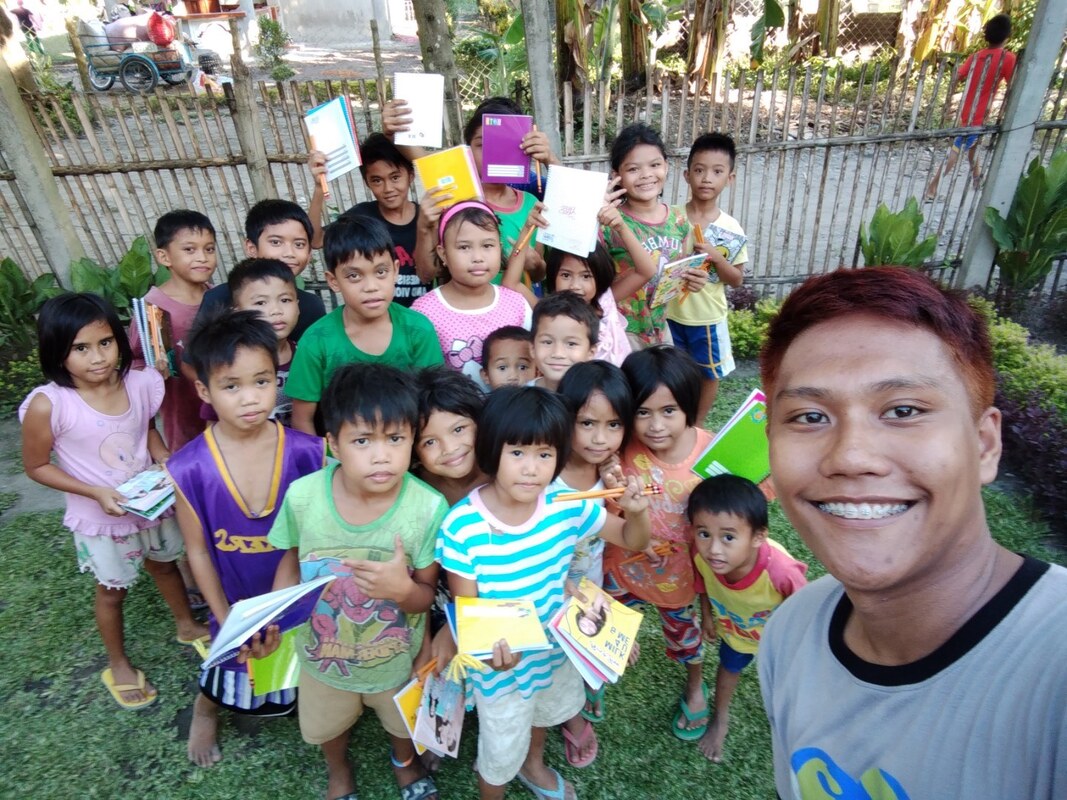 Project Presto: Promoting Responsible Sustainable Tourism Through Environmentalism by Kyle V. Aboy (Philippines) from last year’s programme. His project aimed to empower the youth in his home country by engaging them in different workshops that can spread awareness about the effects of tourism to the environment. Image provided by Kyle V Aboy.
Project Presto: Promoting Responsible Sustainable Tourism Through Environmentalism by Kyle V. Aboy (Philippines) from last year’s programme. His project aimed to empower the youth in his home country by engaging them in different workshops that can spread awareness about the effects of tourism to the environment. Image provided by Kyle V Aboy.
In addition, Regina, an organiser of the past two cycles, intends to take it a step further by focusing her final year capstone project on the Academy. As an Environmental Studies major and Anthropology minor, Regina intends on using CPA as an ethnographic case study for environmental education as a whole.
Regina explained, “CPA demonstrates an alternative approach to learning one’s place in the larger ecosystem that is deeply personal, relational and transformative. Sustainability is not only about knowing, acting, tweaking, technologising. I firmly believe that for sustainability education to succeed, it needs to address deeper issues of values, beliefs, and motivations.”
“All of us will graduate from Yale-NUS at some point and will have to part with CPA but we want it to have as wide and as lasting a legacy as possible.”, Regina added.

